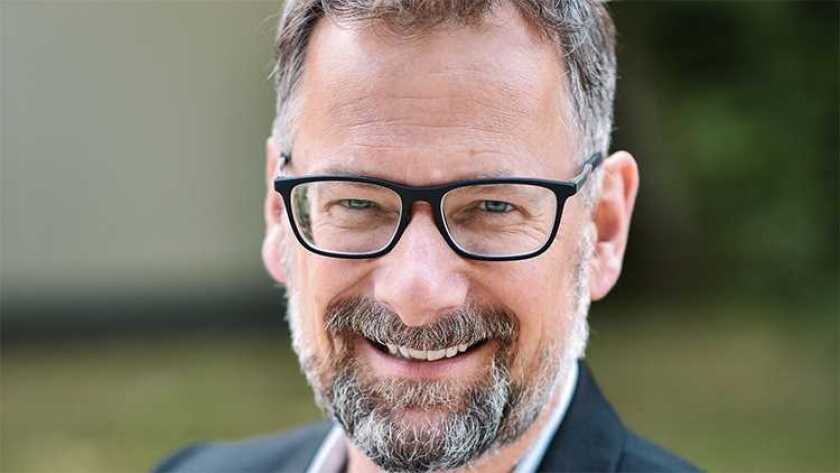The project will see the government of one of the smallest member states of the European Union (EU) work with pan-European bodies to build the Quantum Communications Infrastructure project (LuxQCI), which it hopes will improve cyber security.
Steve Collar (pictured), CEO of SES, commented: “Satellite-enabled cybersecurity is a technology of the future that is being developed now, and is an integral element of reliable quantum communications infrastructures. The safe and intrusion-resistant data exchange mechanisms developed here will serve as a flagship project that can be replicated on a wider European scale.”
The idea is to use satellites for quantum key distribution (QKD), seen to be a successor to existing online security systems, using approaches such as secure sockets layer (SSL).
SES says that LuxQCI “will guarantee the security of digital transactions and of confidential information transfer over geographically dispersed areas”.
The project has the backing of the European Space Agency (ESA), which is not part of the EU, as well as the Luxembourg government.
“Early users of the infrastructure will be governmental and institutional authorities and business sectors requiring ultra-secure data transmission,” said SES. The project “will ultimately evolve into a quantum internet, linking quantum processors and sensors and enabling an EU-wide distributed quantum computing and communication capability”.
The project is backed by EuroQCI, an almost EU-wide project to develop a quantum communications infrastructure. It has been signed by 26 of the 27 members of the EU – all but Ireland. (The UK, not being an EU member since 2020, is not eligible.)
EuroQCI will consist of an earth-based segment that will use existing fibre communication networks linking strategic sites, and a space-based segment ensuring full coverage across the EU and other continents.
An EU website about EuroQCI says: “The aim is for it to be fully operational by 2027.” But an SES representative working with LuxQCI was unable to put a date on the Luxembourg project.
EuroQCI and LuxQCI are not the first satellite-based QKD projects.
Last month Capacity reported that that CommStar Space Communications, which is working with Lumen, Orange and Equinix, is planning to build a satellite-based QKD network, with the first satellite due to be in service before 2023.






